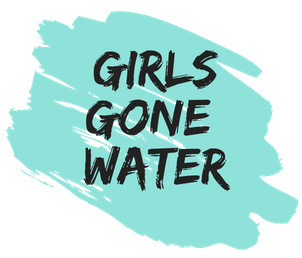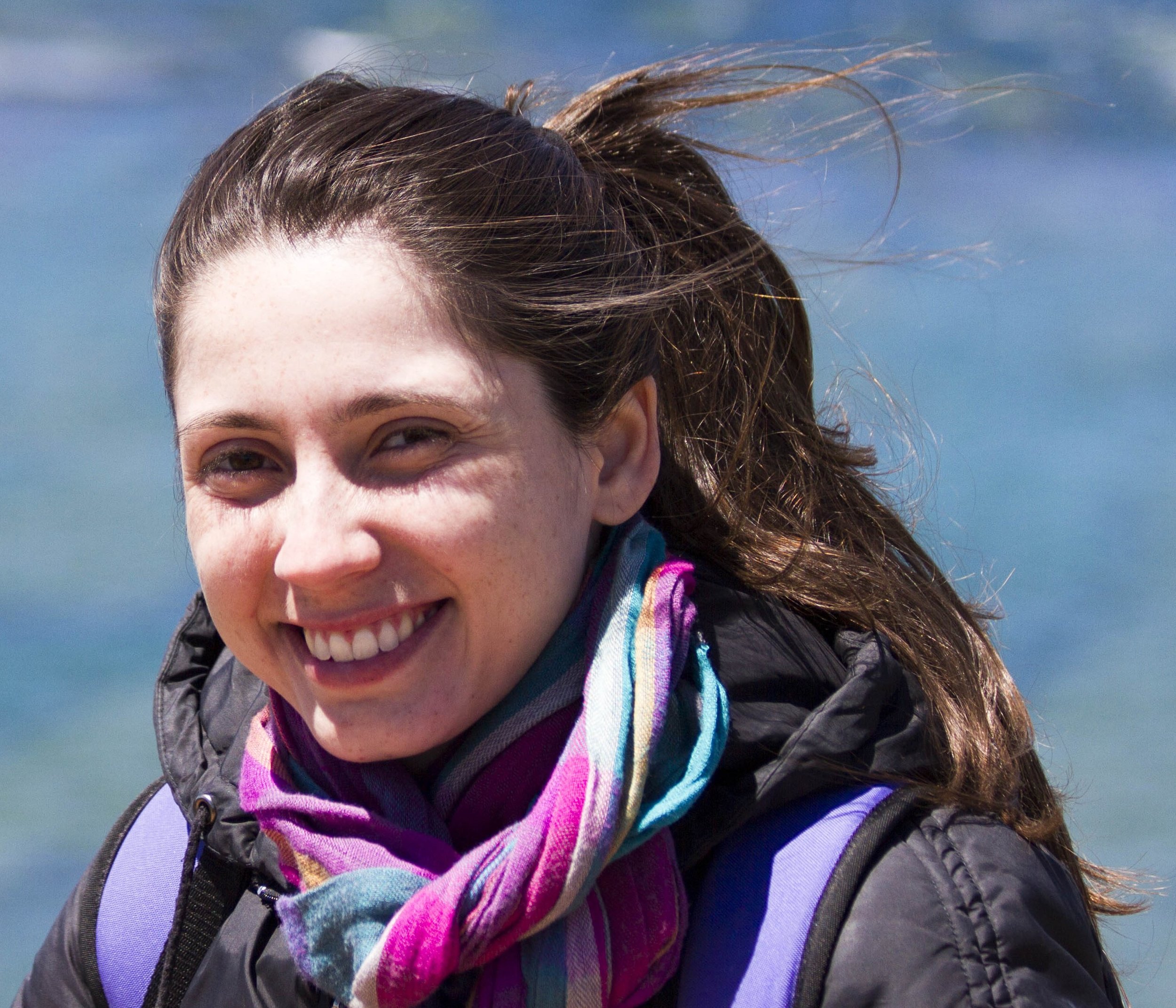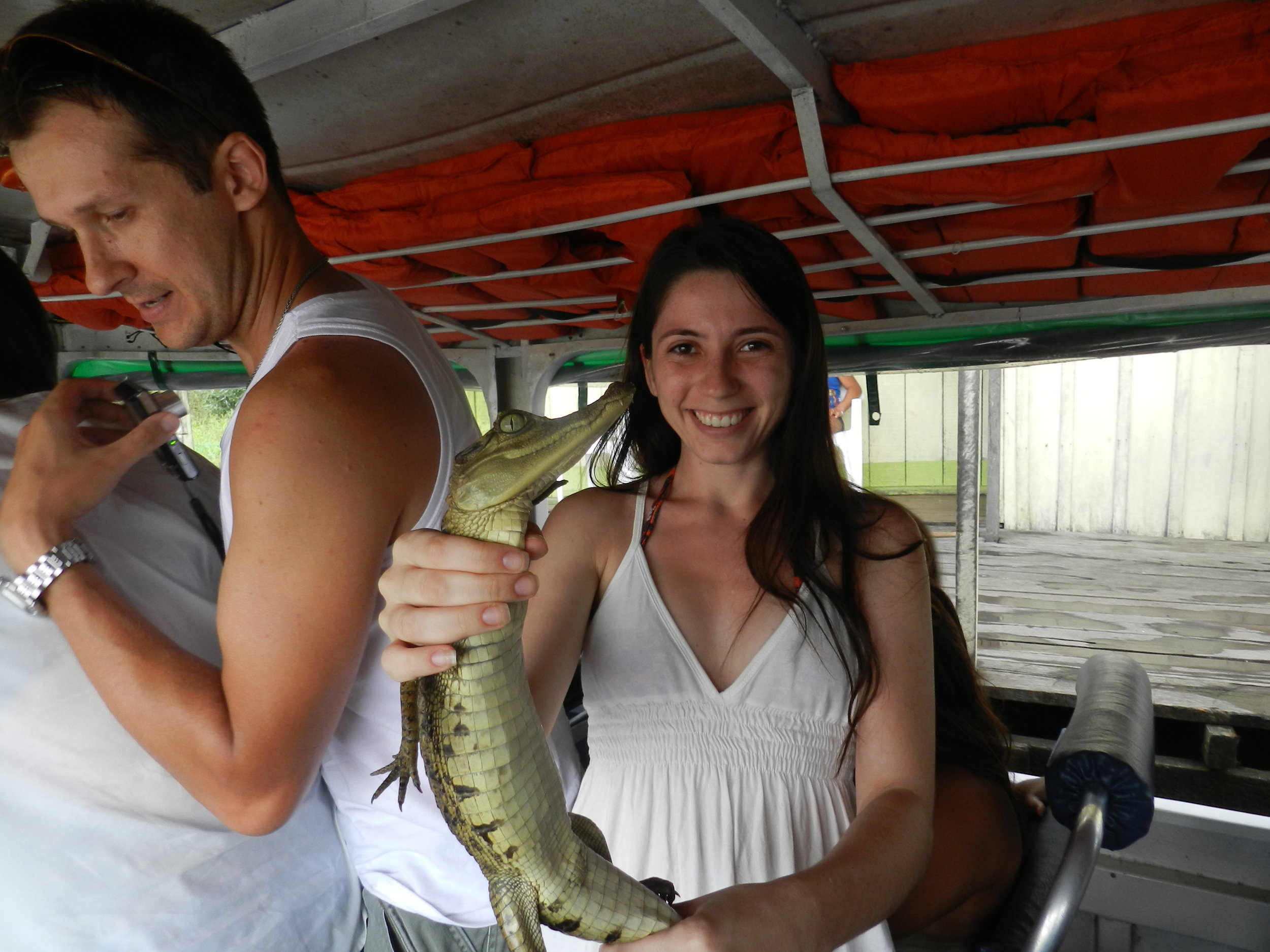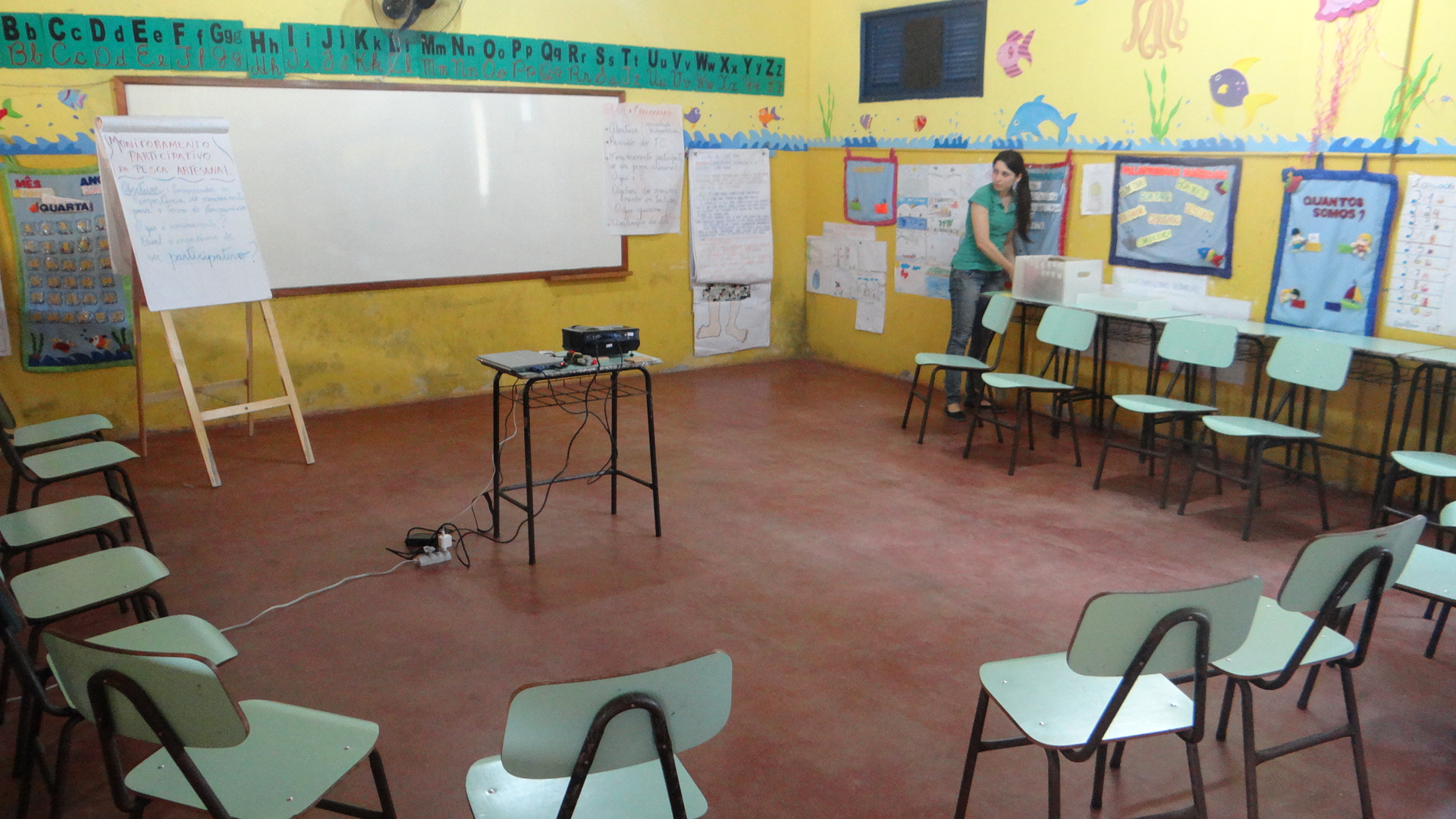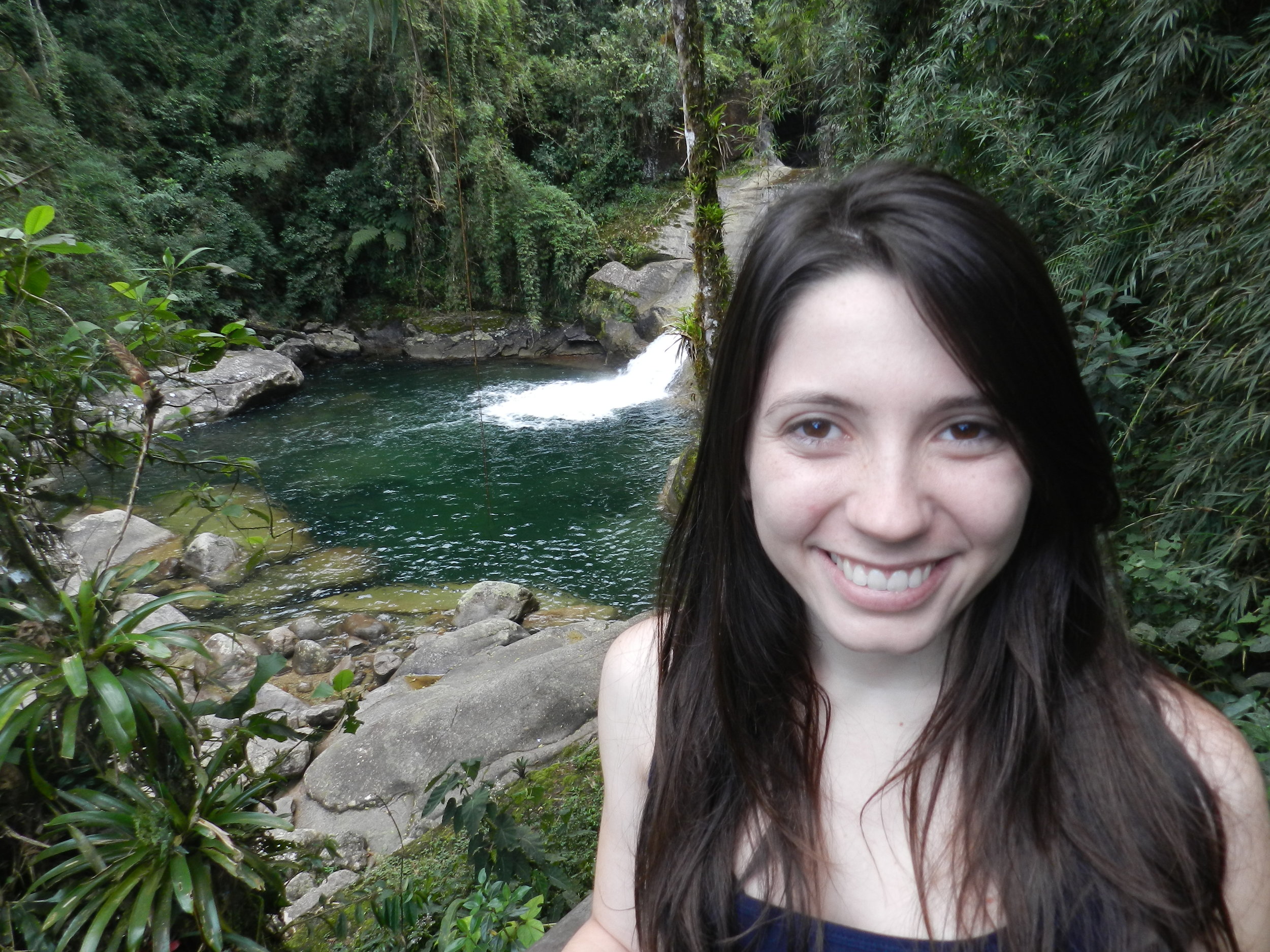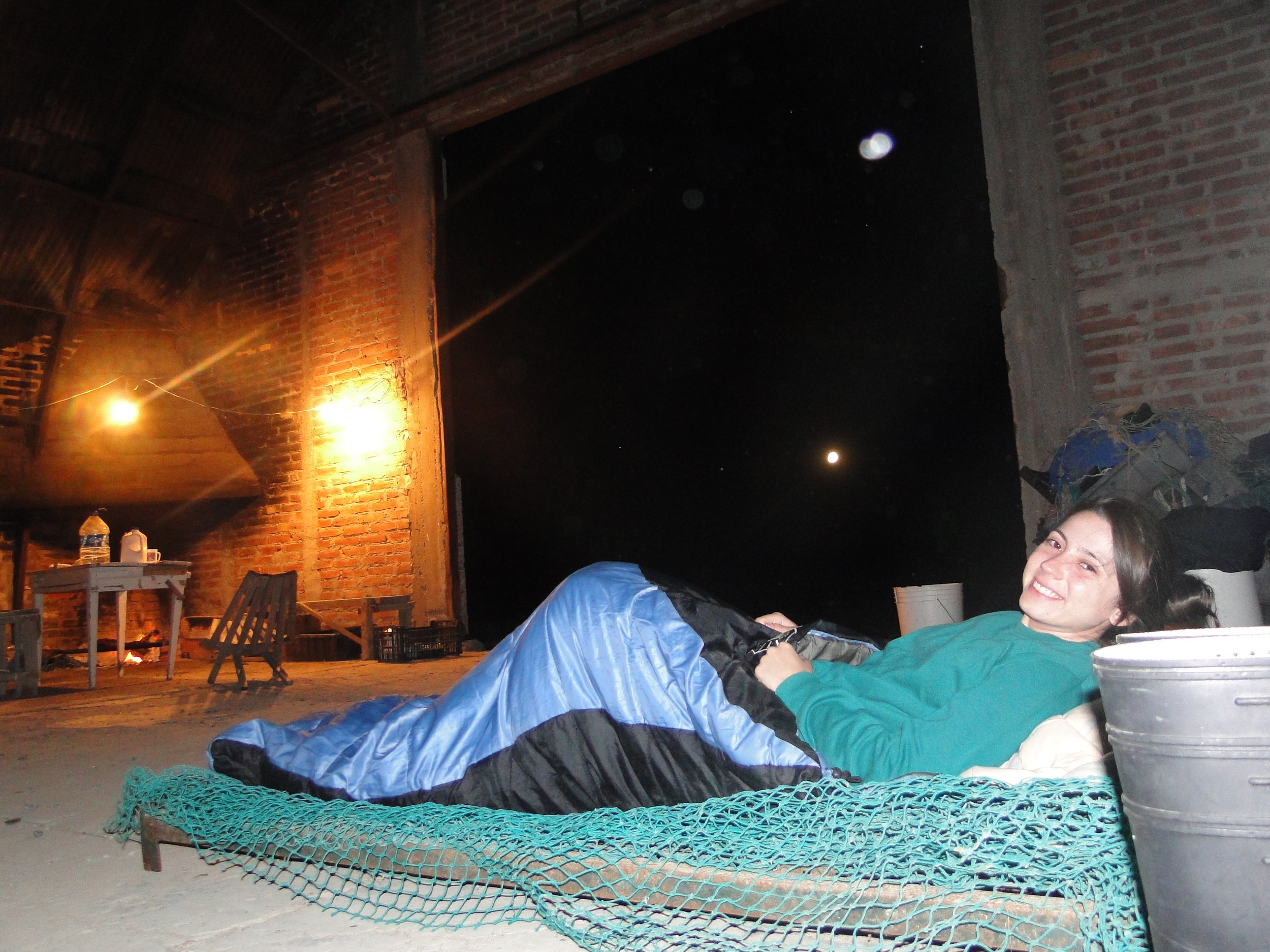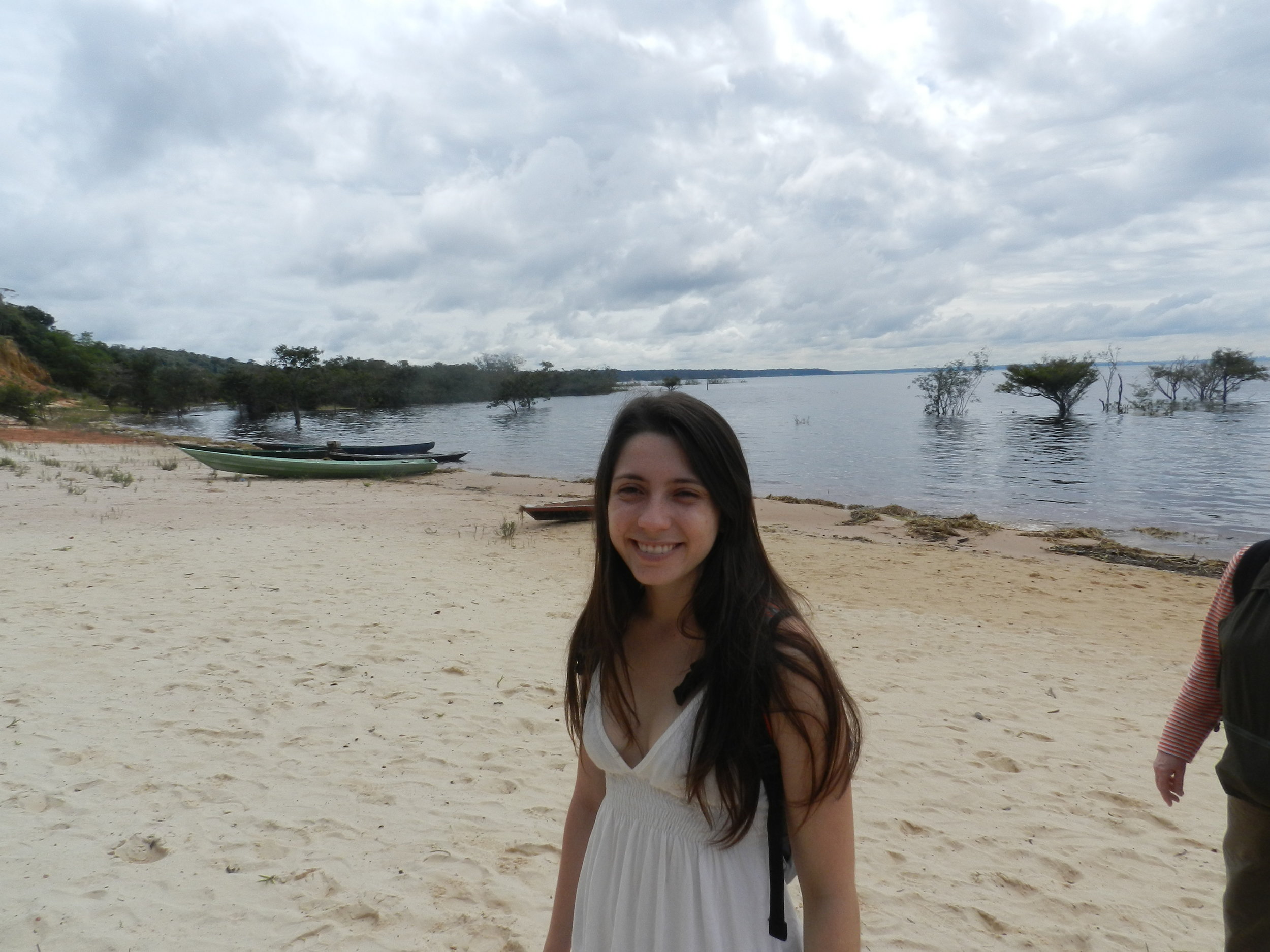Ana Carolina Esteves Dias
Researcher & PhD Candidate, University of Waterloo
When the time came for Ana Carolina to choose between studying mountainous or coastal protected areas, she confidently headed coastward to begin her research career in the water space. Growing up in São Paulo, Ana developed a keen interest in the hardships facing natural environments around Brazil. She carried this interest with her to her undergrad where she investigated how the managers of protected areas use scientific research to establish better conservation efforts. After earning her masters in ecology, Ana realized the importance of how people and coastal ecosystems influence each other, both positively and negatively. This ultimately inspired her to pursue a PhD, bringing her to Canada to study at the University of Waterloo.
Ana’s work currently focuses on better understanding how coastal environments and the sea affect the well-being of people living in coastal communities in the State of São Paulo, Brazil. One challenge Ana sees in her work is the fact there are so many different people with different motives involved in marine protected areas and they all have different definitions of well-being, too. “[There are] those with a strictly ecological conservation focus, those who depend on the small-scale exploitation of marine resources for their livelihoods, and those with strictly economic purposes in mind.” She hopes her work will lead to a better understanding of pathways to overcome these tensions, enhance the well-being of people in coastal communities, and support the sustainable management of marine protected areas.
“What excites me about work with coastal ecosystems is this powerful connection we have with the sea. It’s amazing how simply putting our feet in the water renews our souls.”
Ana Carolina is also passionate about supporting the work of women in the environmental sector. Ana reflects, “Despite the many achievements women have been reaching, there is still veiled prejudice to be further overcome.” The work Ana does will undoubtedly contribute to this effort to better value women’s roles in the water space, but that’s not the only thing that makes water so special to her. Ana says, “Water is a very interesting topic… It makes up 75% of the planet’s surface, is essential for life on Earth, and was a determining factor for the formation of both ancient civilizations and society today. We relate to water in several tangible and intangible ways, but what excites me about work with coastal ecosystems is this powerful connection we have with the sea. It’s amazing how simply putting our feet in the water renews our souls.”
